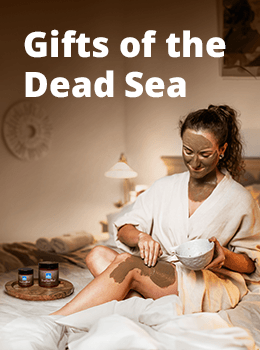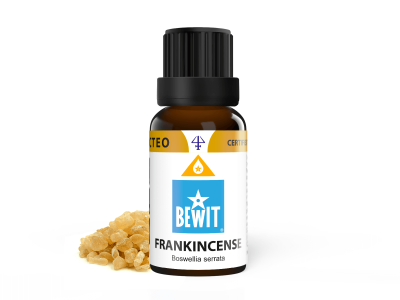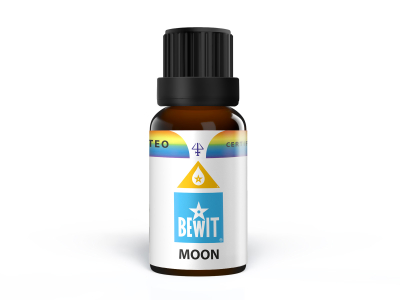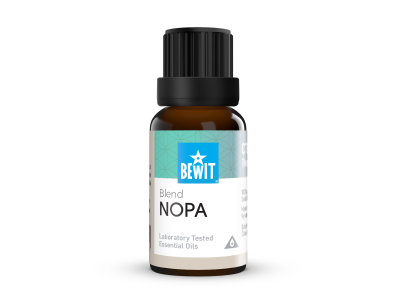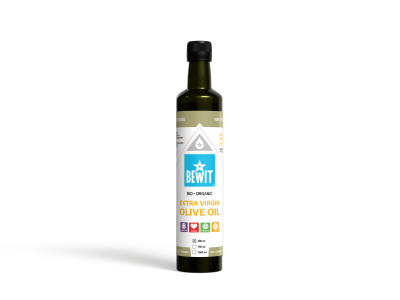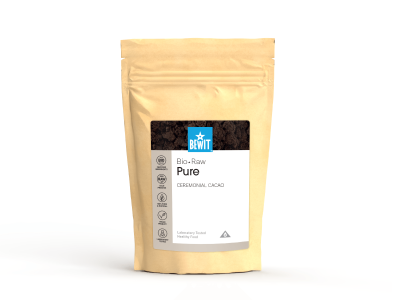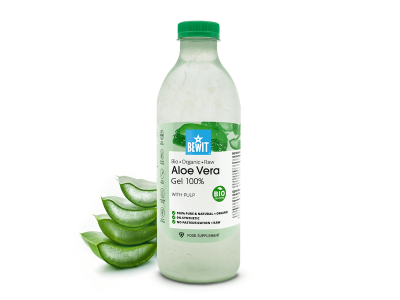The story of essences
Combining millennia of tradition and modern science
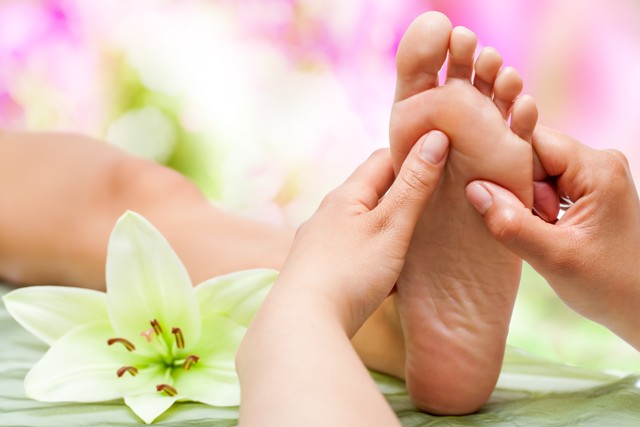 oils have had their place in health and beauty care since time immemorial. They are mentioned in hieroglyphs on the walls of Egyptian temples, in Chinese and Indian medical books, and written about by the Aztecs. In the Bible there are references to them within two hundred places. At a time when fragrant oils were balanced with gold, Jesus received gold, frankincense and myrrh as a gift from the three wise men.
oils have had their place in health and beauty care since time immemorial. They are mentioned in hieroglyphs on the walls of Egyptian temples, in Chinese and Indian medical books, and written about by the Aztecs. In the Bible there are references to them within two hundred places. At a time when fragrant oils were balanced with gold, Jesus received gold, frankincense and myrrh as a gift from the three wise men.
Today, we commonly use many cosmetics and cleaning products that are produced entirely synthetically. We are increasingly aware of their negative consequences on our health and the environment. And all the more we are looking for ways to return to our maximum nature. Essential oils are therefore clearly a good choice. They can transform you and your view of caring for yourself, your loved ones and your home.
The power and effects of essential oils have been studied many times at leading universities and verified by practice.
French physician Jean Valnet, the spiritual father of modern aromatherapy, worked in Tonkin, China, during World War II. When he exhausted his supply of antibiotics, he began using essential oils on patients with combat wounds. To his surprise, he found that they showed a strong effect in fighting infection.
Scientists at Brigham Young University have shown that sandalwood oil is capable of inhibiting many types of cancer cells.
University researchers in Japan found that spraying certain scents in office environments significantly increased mental accuracy and concentration. Sprayed lemon reduced the number of errors by 54%, jasmine by 33% and lavender by 20%. When the fragrances were sprayed during the test, the results improved by up to 50%. A 1995 study at Mie University found that citrus scents boost immunity, induce relaxation and reduce depression.
However, if we want to get the maximum effect from essential oils, we need to care about the quality of the essential oils. Artificially produced oils are therapeutically worthless and may even be harmful, even though their scent may be pleasant to some. Many pure essential oils contain complex molecules and isomers that cannot be produced in a laboratory.
It is also important to expand your knowledge in the field of aromatherapy by, so that the use of essences is beneficial, enjoyable and safe at all times.

